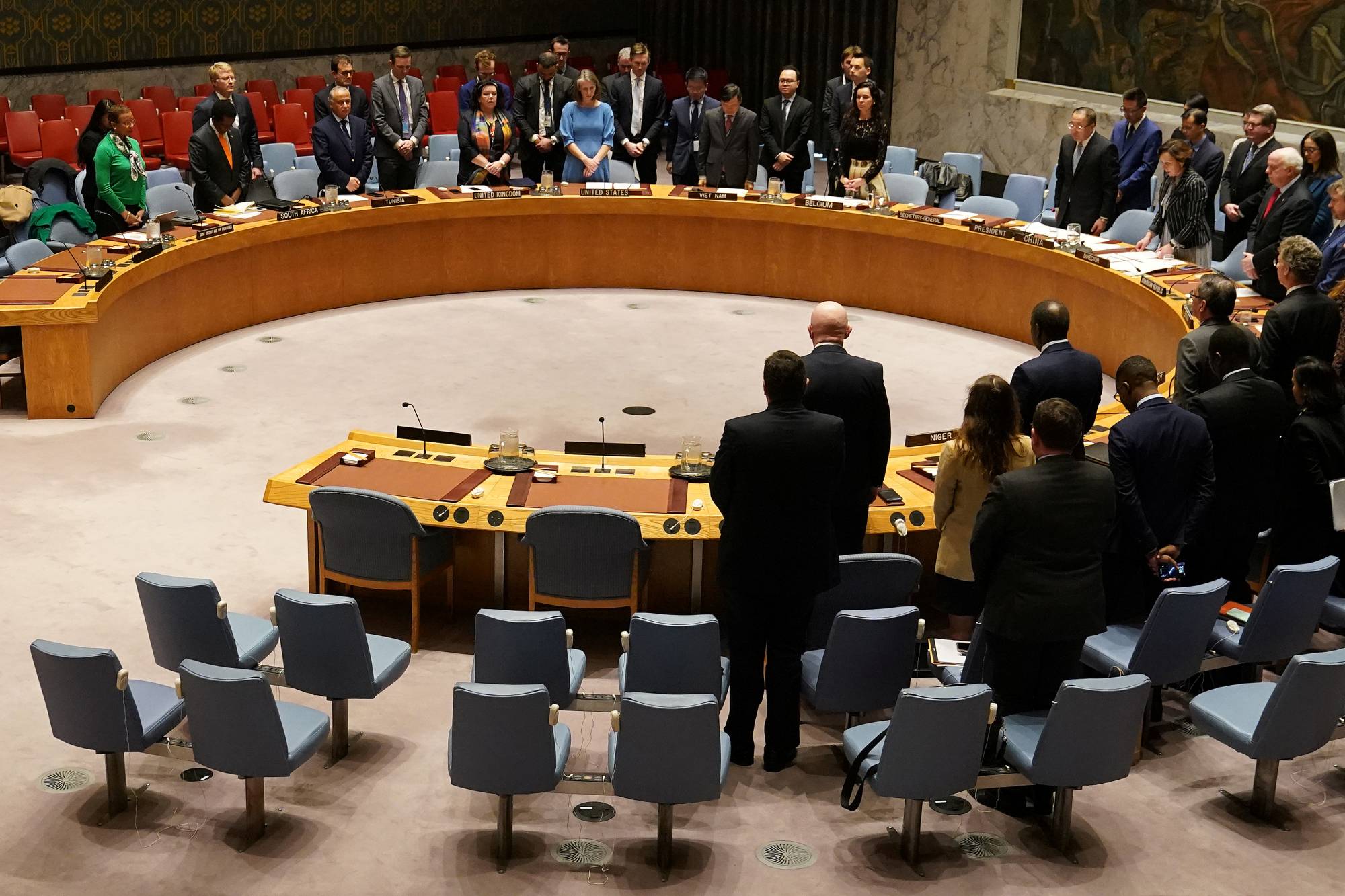As the United Nations General Assembly opens its annual session for 2020–2021 this month, delegates should introspect on the transformations in world affairs in the 75 years since the charter was signed. In 1945, Britain and France were “victorious” Allied powers but in economic ruins; the Soviet Union was ruled by Stalin and had suffered massive loss of human life in the war; China was wracked by civil war between Mao Zedong’s communists and Chiang Kai-shek’s Nationalists; and the United States bestrode the world like a colossus. Elsewhere, Germany and Japan were defeated enemy powers; India was still a British colony; and South Africa was an apartheid state but not yet an international pariah. Today the last four are major claimants to permanent membership of the U.N. Security Council (UNSC).
The world has changed in other major respects too. Military power is no longer easily converted into currencies of power and influence. Threat perceptions have broadened from hard to human security issues like climate change and pandemics. Democracy has been de-consolidated with dwindling trust and faith in democratic institutions and governments, even in Western societies. Based more on performance than values and process, wealth, power and legitimacy of existing national political institutions have drifted eastward. Of most relevance to the U.N., the emerging international order is not unipolar, bipolar or even multipolar, but polycentric, with a resulting “pluralization of diplomacy” where countries do not coalesce around rigid blocs.
With such big structural transformations, there is zero reason for expectations of continued effectiveness of mandated multilateral machinery that reflected the particular distribution of power, the security threats and other structural-contextual factors of 1945. Moreover, in today’s world no country has the leverage to set the rules largely on its own and as an externalization of its organizing political principles as the U.S. was able to do in 1945.

















With your current subscription plan you can comment on stories. However, before writing your first comment, please create a display name in the Profile section of your subscriber account page.